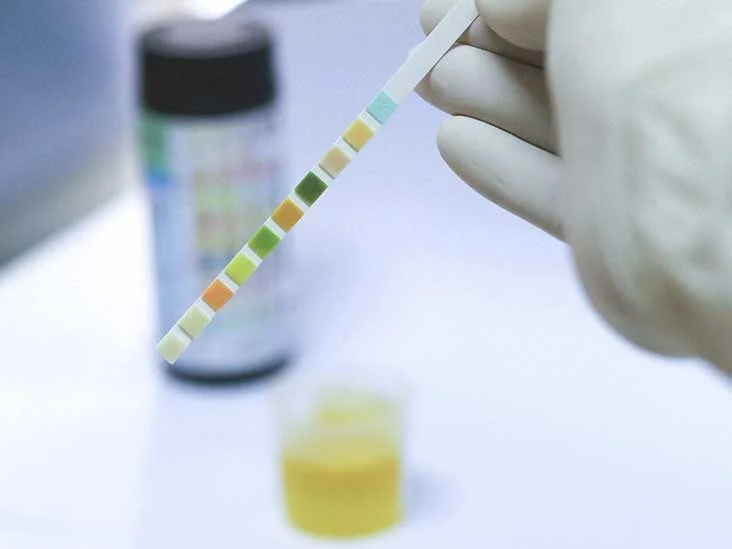Synthetic urine, a fascinating and controversial topic, has been gaining significant attention in recent times. From its origins as a solution for scientific experiments to its current use in various fields, it has sparked debates about its authenticity and legality. In this article, we will delve deep into the science behind synthetic urine to determine whether it’s a mere myth or a true marvel of modern technology.
What is Synthetic Urine?
Understanding the Basics
Synthetic urine, also known as fake or artificial urine, is a laboratory-produced liquid that mimics the chemical composition of human urine. Initially developed for scientific purposes, it contains the same compounds found in natural urine, such as urea, creatinine, uric acid, and ammonia. The purpose of creating synthetic urine was to serve as a standard control sample for calibrating urine testing equipment and conducting experiments without using actual human samples.
Legal Status and Controversies
The legality of synthetic urine varies across different jurisdictions. While it remains legal in some places and is primarily used for research and testing purposes, its availability has raised concerns about potential misuse, particularly in the context of drug tests and other illicit activities. Several states have implemented laws to restrict the sale and possession of synthetic urine to prevent fraudulent practices.
How Does Synthetic Urine Work?
The Composition
Synthetic urine is carefully formulated to match the chemical characteristics of natural human urine. Its composition includes the precise balance of various substances found in real urine, making it virtually indistinguishable during basic urine tests.
Passing Drug Tests: The Myth
One of the most debated aspects of synthetic urine is its alleged ability to help individuals pass drug tests undetected. While some claim that using synthetic urine can successfully bypass drug screenings, it is essential to understand that modern testing methods have become more sophisticated in detecting adulterated samples. Laboratories now have advanced techniques to identify fake urine, including checking for temperature, pH levels, and specific gravity.
Scientific Applications: The Marvel
Despite its controversies, synthetic urine continues to play a crucial role in scientific research and testing. It serves as a reliable control substance in laboratories, ensuring accurate and consistent results for a wide range of experiments. Researchers, medical professionals, and equipment manufacturers rely on synthetic urine to calibrate instruments, validate testing procedures, and advance scientific knowledge.
The Future of Synthetic Urine
As technology advances, the science behind synthetic urine is likely to evolve further. Researchers are continually working on improving its composition to maintain its effectiveness as a control substance while minimizing the potential for misuse. Additionally, new testing methods will continue to emerge, challenging the boundaries of synthetic urine’s applicability.
Conclusion
The science behind synthetic urine is undeniably remarkable, enabling researchers and scientists to conduct experiments accurately and efficiently. However, the controversy surrounding its misuse and potential deception in drug tests remains a concern. As we move into the future, it is essential to strike a balance between its legitimate scientific applications and the necessary safeguards to prevent abuse. Understanding the science and limitations of synthetic urine is crucial for making informed decisions and utilizing this technology responsibly.




